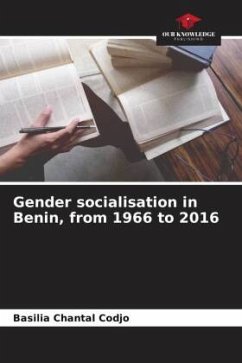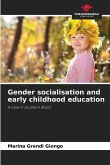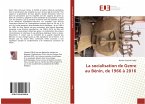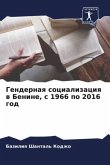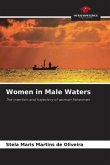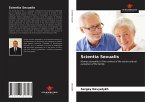What roles did school, the family and other normative bodies play in the socialisation of the respondents during their minority years? Compared with their parents' generation, how have the respondents' perceptions of gender relations in Benin changed, and how have they adapted their socialisation methods? These are the questions that this research seeks to answer using a hypothetico-inductive approach. The respondents were eighteen Beninese primary school inspectors aged between 38 and 53. In terms of time, there were two distinct periods: from mid-1960 to the end of 1980, very few girls attended school, and they were assigned a more reproductive role; from 1990 to 2016, girls did indeed attend school on a massive scale, thanks to the mobilisation of international and national players and the public policies put in place. Nevertheless, it is clear that the mentality of the vast majority of Beninese people has not changed with regard to the reproductive role of women. As a result,young girls continue to be subjected to sexual regulation and, as a corollary, to many deprivations of rights.

